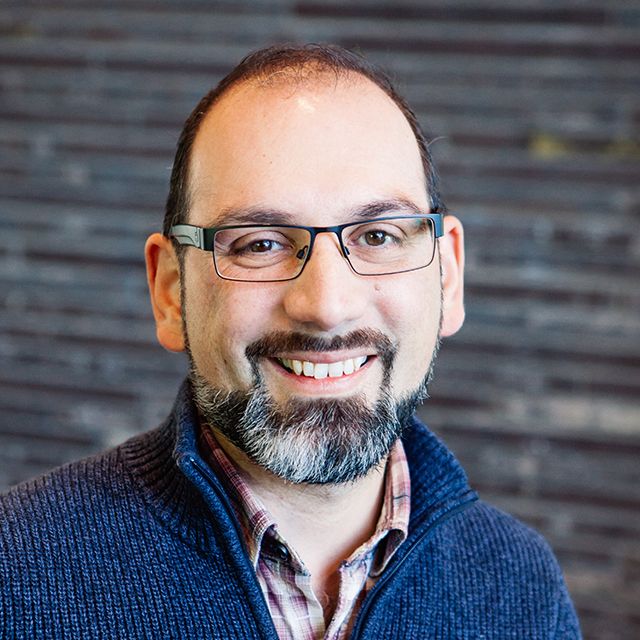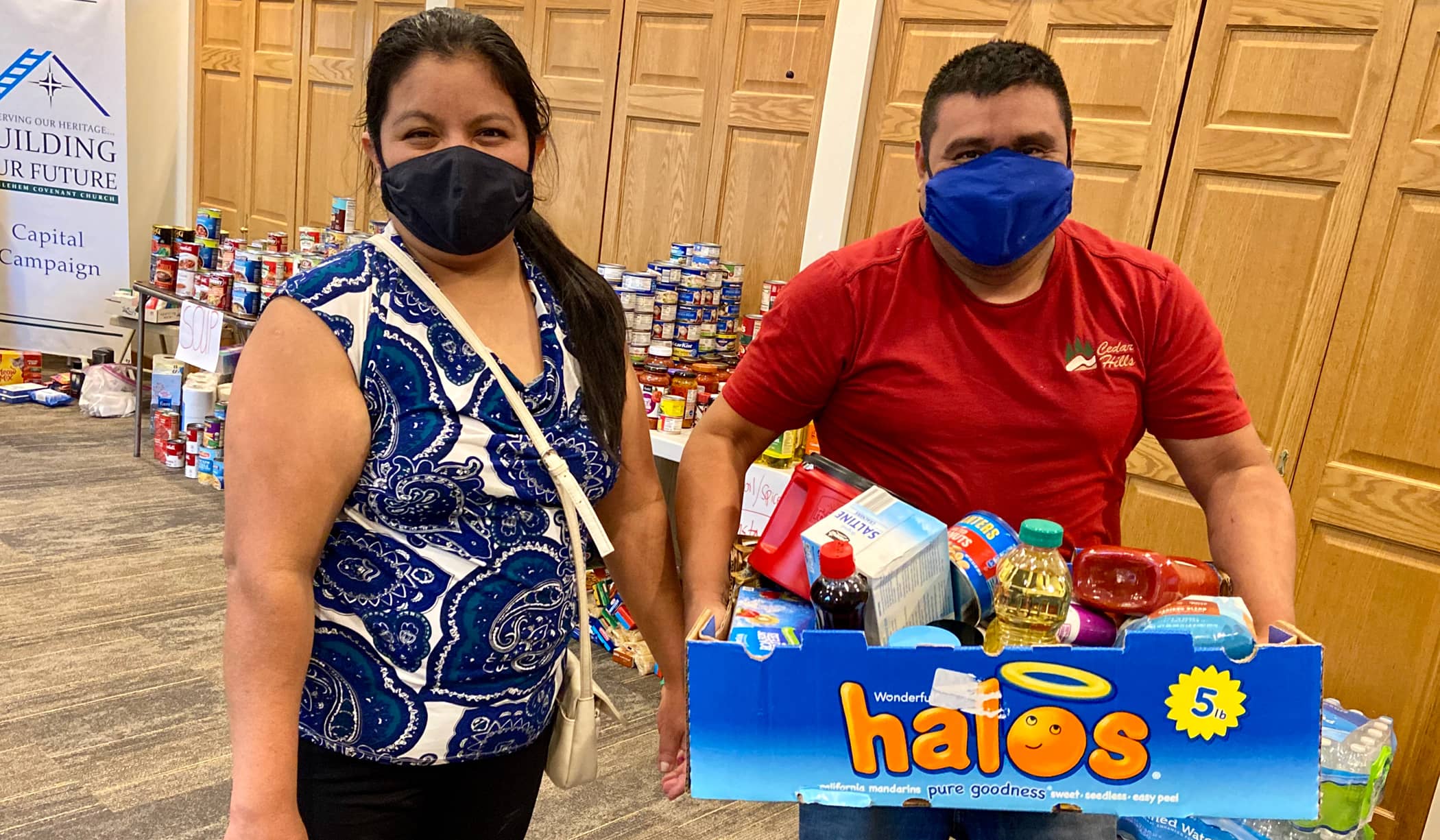Interview with Mauricio Dell’Arciprete, NWC Coordinator of Latino Ministry and Pastor of Destino Covenant Church
 Mauricio Dell’Arciprete is the NWC Coordinator of Latino Ministry and Pastor of Destino Covenant Church in Bloomington. In a recent interview, he shared insights on the challenges and opportunities facing the Latino community.
Mauricio Dell’Arciprete is the NWC Coordinator of Latino Ministry and Pastor of Destino Covenant Church in Bloomington. In a recent interview, he shared insights on the challenges and opportunities facing the Latino community.
As we celebrate National Hispanic Heritage Month, what can you help us understand about the history of our Latino brothers and sisters?
Latin America has a very diverse population with many ethnic groups and different ancestries. As an example, we have more than 1,000 ways to say “Hello”!
Although Spanish is the most predominant language, Latin America is home to hundreds of indigenous languages—before the European conquests, it is estimated that there were as many as 1,750 different languages.
Even before the U.S. existed as a republic, people from “Hispanic” and Indo-America have been incorporated into the culture, history, life and occupational fabric of the United States. (You will find more about the impact of Latino culture in the USA on this page: https://artsandculture.google.com/project/uslatinocultures).
In our region, Latinos come from many different places and backgrounds. For example, at Destino Covenant Church, we have people from around 20 different countries. Some speak Spanish as a second language, English as a third language. Some people came escaping from social, political and economic adversities. Others came to find new jobs or career opportunities. From refugees to business owners, we have a lot of diversity. In any case, seeking the best for their family is a high priority for many Latinos.
What do you love about the context in which you live? How does that help you to experience God in a unique way?
I love the seasons we have in Minnesota, and I love the cultural and ethnic mosaic we have in Minneapolis. When you listen to faith stories coming from people that have very different backgrounds than you, you can appreciate the beauty of the body of Christ and learn a lot from their experiences.
The richness that comes from doing life together with people who are different than you is fantastic!

What do you see as important needs in your community, particularly in light of COVID-19 or the current political climate?
COVID-19 has several implications. One noticeable aspect is physical health, where, for various reasons, Latinos are more exposed to getting infected. The statistics are showing us that.
Also, there is an economic impact, where many Latinos work in jobs that have been affected greatly.
There is also an emotional impact. This pandemic forces us to practice “social distancing” and to avoid fraternal expressions like handshake and hugging. This proves to be very hard in the Latino culture in particular.
In the area of immigration there continues to be much uncertainty. Due to COVID-19, immigration cases that were already in process, have been put on hold or postponed. Not much attention is given to the human rights violations at the border, families being separated, children being caged, and refugee status being denied before a trial or hearing.
Are you part of a particular ethnic association within the Evangelical Covenant Church? What do you enjoy about being a part of this community?
I am part of the ECC’s Asociación Latina de la Iglesia del Pacto Evangélico (ALIPE) as a member and serving on the board since 2014. The Association exists as an ethnic commission helping the ECC Latino Pastors to move forward in their ministries, representing the Latino voice in the ECC, and working in partnership with the other ethnic Associations of the ECC.
This is a space where Latino Pastors can find contextualized training, webinars, resources and community. I love the energy, the openness and the authenticity that flows from this community.
What resources would you recommend for those who want to learn more?
- “Mañana: Christian Theology from a Hispanic Perspective” by Justo L. Gonzalez
- “Brown Church: Five Centuries of Latina/o Social Justice, Theology, and Identity” by Robert Chao Romero
- “Prophetic Lament: A Call for Justice in Troubled Times” by Soong-Chan Rah
- “Rediscipling the White Church: From Cheap Diversity to True Solidarity” by David W. Swanson
- “A Future for the Latino Church: Models for Multilingual, Multigenerational Hispanic Congregations” by Daniel A. Rodriguez
For more information about this topic, I recommend contacting Juana Nesta, President of ALIPE, or Fil Nesta, Director of Latino Ministries for the Pacific Southwest Conference.